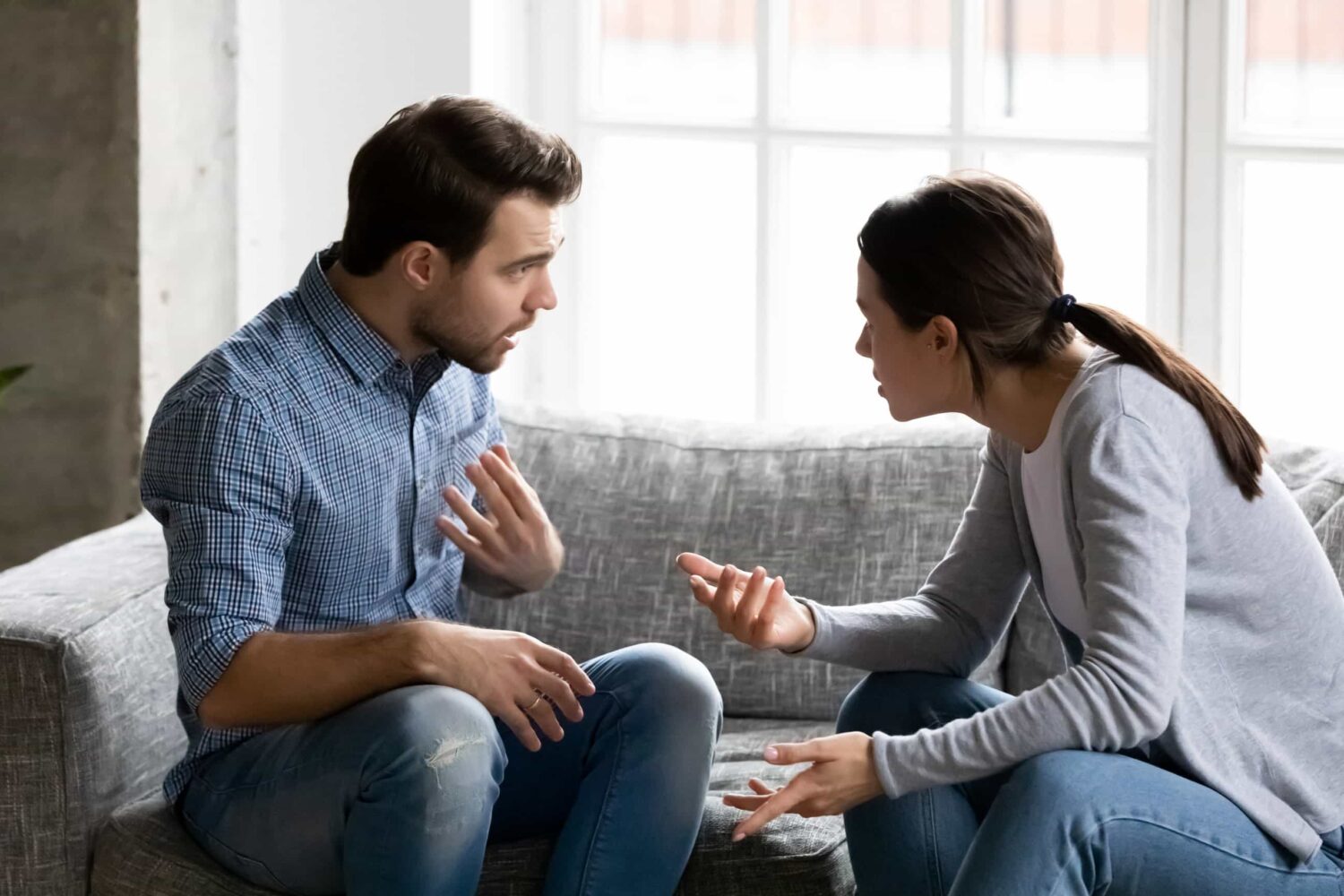Have you ever felt a wave of unease wash over you when your partner mentions plans that don't involve you? Picture this: It’s a regular Thursday evening, and your significant other casually mentions they're grabbing drinks with coworkers after work. Suddenly, there's this gnawing feeling in your gut. Your mind races — Is there someone else? Am I not enough? Why is he doing this?
If you resonate with this situation, you are not alone. Many people find themselves in the intricate tangle of anxious attachment and jealousy within their romantic relationships. Let's unravel these threads and gain clarity around the intricate ties of attachment and emotions.
Understanding Anxious Attachment
Before we embark on the turbulent journey of jealousy, let us first lay the groundwork by discussing anxious attachment. Anxious attachment is an interaction style developed early in life, shaped by experiences with primary caregivers that continue to echo into adulthood, particularly in our romantic relationships.
According to Simply Psychology, individuals with an anxious attachment style often seek high levels of intimacy, approval, and responsiveness from their partners. They yearn for closeness and fear being alone or rejected, and this fear can sometimes present as clinging behavior and a desire for constant reassurance.
So, how does anxious attachment actually show up in a relationship? Well, it's like this looming presence, always casting a shadow and wanting to be the center of your partner's world. But when that doesn't happen, uncertainty creeps in and those little seeds of doubt start sprouting, causing stress, anxiety and often feelings of being unworthy and unloved.
Jealousy Makes Its Entrance
It is not unusual for individuals with an anxious attachment style to experience heightened feelings of jealousy which can evoke a variety of negative emotions, such as anger, fear, sadness, and guilt. This is because jealousy often stems from a deep-seated worry of loss and sense of inadequacy, emotions that individuals with an anxious attachment style are familiar with.
Jealousy is a visceral response that mixes fear, insecurity, and a dash of possessiveness over a romantic partner’s perceived attention to others. Jealousy is a prevalent and even evolutionarily purposeful phenomenon that often arises in relationships, particularly intimate ones. While it can be viewed as a means of safeguarding one's relationship or expressing affection and passion, jealousy also harbors a darker and more destructive aspect.
The way we experience jealousy is influenced by our focus on relationships. While it's natural to be invested in maintaining a healthy relationship, excessive preoccupation can lead to potential issues. For instance, you might meticulously analyze every detail of your partner's words and actions, searching for hidden meanings. Or perhaps you are tempted to check their phone, read their texts or snoop into their personal things. Furthermore, you may have a tendency to overanalyze your relationship and dwell on negative thoughts, fearing that things are not going smoothly and that your partner is on the brink of departure.
This creates a cycle in which you fear losing your partner and constantly assess your own perceived shortcomings. This preoccupation with preserving the relationship can also manifest in attempts to intentionally provoke jealousy in your partner as a way to garner reassurance and attention from them.
Imagine that scene again — your partner out for drinks. A person with a secure attachment might simply hope their partner enjoys the evening while they catch up on a book or a TV show. But with anxious attachment, your natural inclination might be to seek reassurance — a text, a call — some indication that you remain predominant in their thoughts.
Navigating Relational Rough Seas
In the realm of anxious attachment, jealousy can feel like navigating treacherous waters without a life jacket. This powerful combination has the potential to destabilize even the most robust relationships as it amplifies insecurities and nurtures uncertainty. Nevertheless, this does not mean your relationship is doomed to sink.
Here’s what you can do to sail through safely:
- Self-awareness is the lighthouse here. Recognize the signs of anxious attachment and jealousy as they arise within you. Understand these are thoughts and feelings that arise from your attachment style and may not be accurate.
- Communication is your compass. Express concerns and needs to your partner without placing blame or making accusations. Find time to talk when you are not in an emotionally heightened state.
- Reassurance seeking can be your SOS calls, but they should be done mindfully. Instead of demanding immediate attention, take time to gain clarity and calmly convey what’s on your mind. And remember, it's not your partner's job to reassure you - it's your job to learn to self-soothe.
- A support network is your crew onboard. Rely on friends, family, or counselors to voice out your fears and get their objective perspectives.
- Affirmations and reality checks are your anchors, grounding you in what's true and stopping the whirlwind of negative assumptions.
Seeking Calmer Waters
If anxious attachment and jealousy frequently plague your relationship, consider therapy as a valuable map leading to inner peace. Through therapy, you can safely explore these anxious tendencies, identify triggers, and cultivate healthier patterns.
At Elevate Counseling, our experienced therapists can provide valuable insights into attachment theory and offer personalized strategies to foster secure attachment styles. Therapy also equips you with coping strategies for those moments when jealousy threatens to take control. And, if your partner is on board, couples therapy can enhance your skills and strengthen your bond.
Always remember, your attachment style does not define you, and the path of your relationship is not determined by jealousy. Let us navigate together towards a future built on trust and security.
